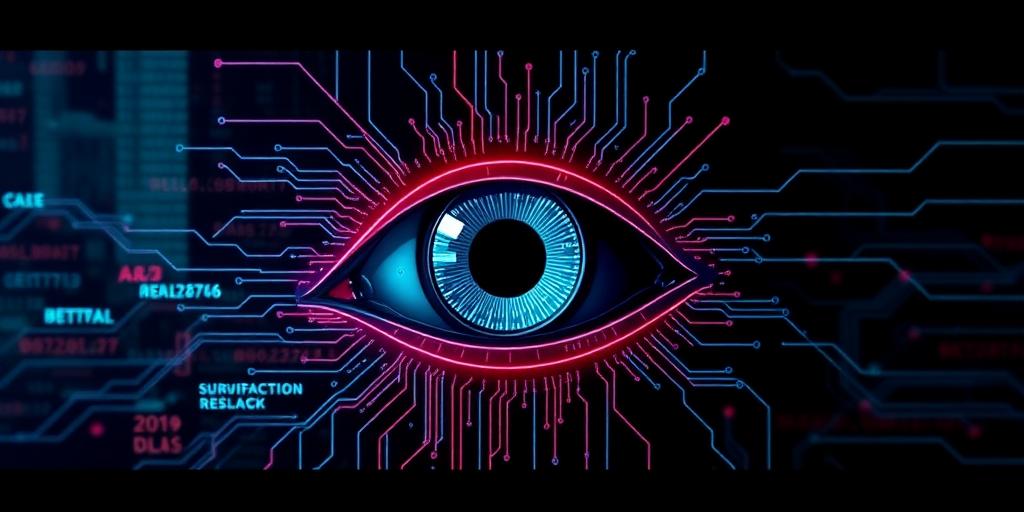The Philosophy of Surveillance and Control
In the digital age, surveillance and control have become pervasive aspects of modern life. From government monitoring to corporate data collection, these practices raise profound philosophical questions about privacy, autonomy, and the nature of power. This post explores the core concepts underpinning surveillance and control, examining their ethical implications and societal impact.
Defining Surveillance and Control
Surveillance, at its core, involves the systematic observation and monitoring of individuals or groups. This can take many forms, from physical tracking using CCTV cameras to digital monitoring of online activity. Control, on the other hand, refers to the mechanisms and systems used to influence or regulate behavior. Surveillance often serves as a prerequisite for control, providing the information needed to implement and enforce regulations.
Key Philosophical Concepts
Several philosophical concepts are central to understanding the issues surrounding surveillance and control:
- Privacy: The right to privacy is a fundamental human right, protecting individuals from unwarranted intrusion into their personal lives. Surveillance, by its very nature, infringes upon privacy, raising questions about the limits of legitimate monitoring.
- Autonomy: Autonomy refers to the capacity of individuals to make their own choices and act according to their own values. Control systems can undermine autonomy by manipulating or coercing individuals into behaving in certain ways.
- Power: Surveillance and control are powerful tools that can be used to maintain social order, protect national security, or promote economic interests. However, they can also be used to suppress dissent, discriminate against marginalized groups, or consolidate power in the hands of a few.
Ethical Implications
The ethical implications of surveillance and control are complex and multifaceted. Some argue that surveillance is necessary to prevent crime and terrorism, while others contend that it poses a grave threat to civil liberties. Key ethical considerations include:
- Proportionality: Is the level of surveillance proportionate to the risk being addressed? Are there less intrusive alternatives that could achieve the same goal?
- Transparency: Are surveillance practices transparent and accountable? Do individuals have the right to know when they are being monitored and why?
- Discrimination: Does surveillance disproportionately target certain groups or communities? Does it reinforce existing inequalities?
Societal Impact
The widespread use of surveillance and control technologies has a profound impact on society, shaping our behavior, attitudes, and relationships. Some of the key societal effects include:
- Chilling Effect: The knowledge that one is being watched can lead to self-censorship and conformity, stifling creativity and dissent.
- Normalization of Surveillance: As surveillance becomes more commonplace, it can be normalized and accepted as a routine part of life, eroding our sense of privacy and autonomy.
- Erosion of Trust: Surveillance can erode trust between individuals and institutions, leading to a more polarized and fragmented society.
Conclusion
The philosophy of surveillance and control raises fundamental questions about the nature of freedom, power, and the good society. As surveillance technologies become more sophisticated and pervasive, it is essential to engage in critical reflection about their ethical implications and societal impact. By fostering a deeper understanding of these issues, we can work to ensure that surveillance and control are used in ways that promote justice, protect human rights, and enhance the common good.
Long-Tail Keywords:
- Ethical implications of surveillance
- Impact of surveillance on society
- Philosophy of data privacy
- Surveillance and human rights
- The future of surveillance technology









